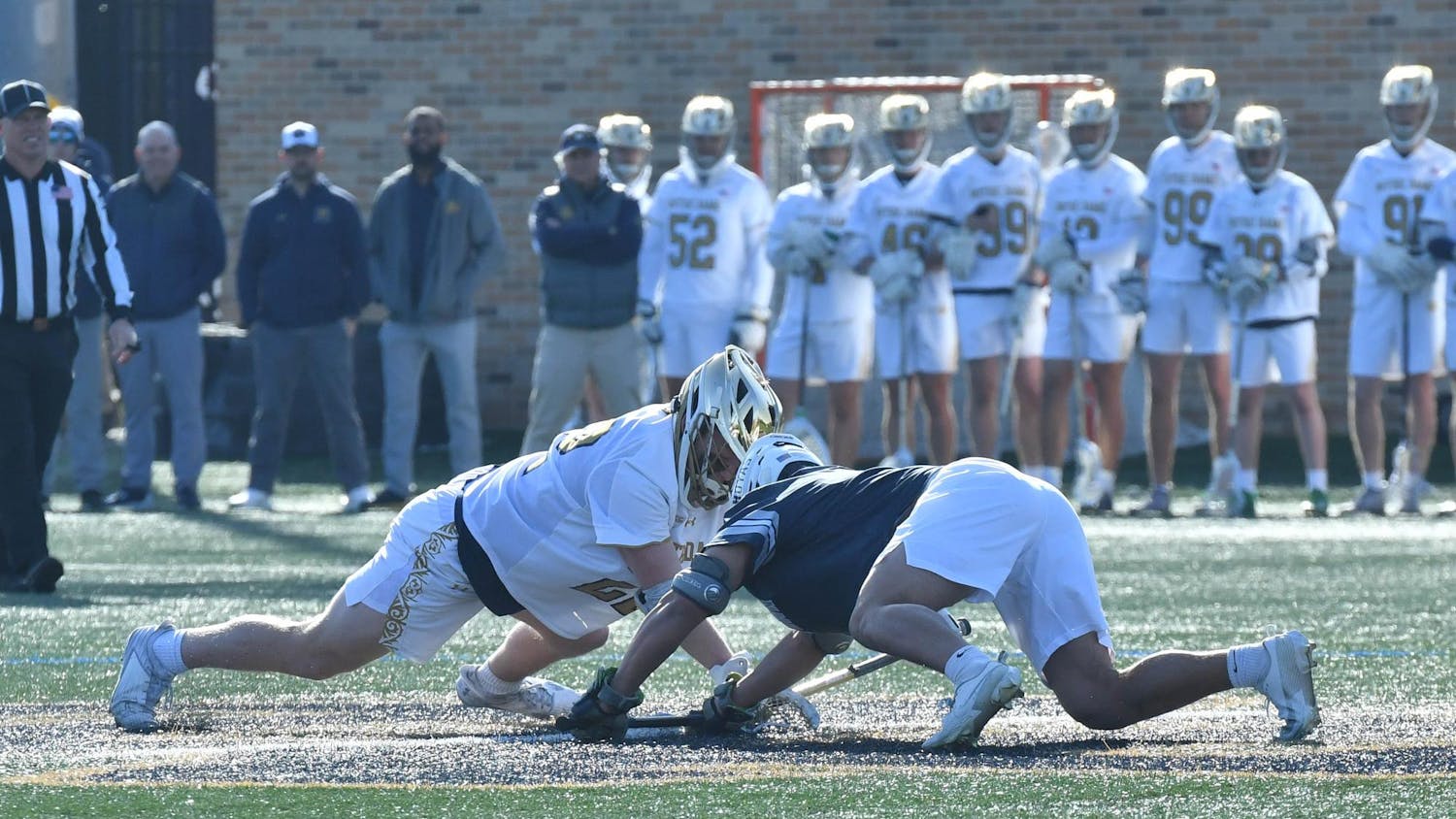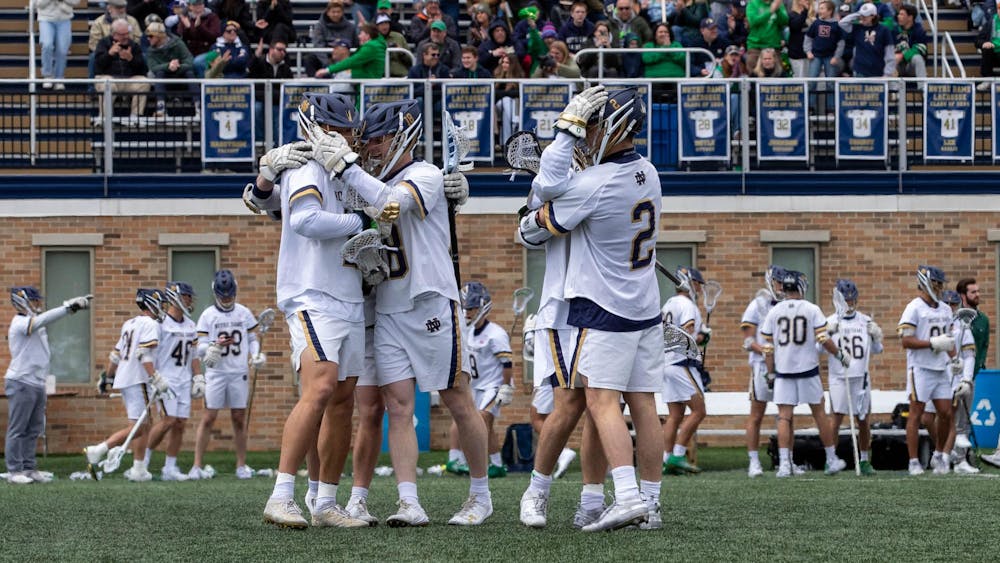Editor's note: This is the seventh in a 10-part series discussisng the best event in sports. In this installment, Peter Steiner argues for the Ryder Cup.
It doesn't get the highest television ratings or the most media attention. It doesn't bring in the most spectators or big-name celebrities. And if you asked random sports fans, it wouldn't cross their minds as the best event in sports.
But all that doesn't mean the Ryder Cup is not the greatest event in sports, even if the majority says otherwise. And if you take a step back from the masses and the typical arguments and reevaluate the Ryder Cup on its substance, you may begin to recognize why it represents the greatest things we love about sports.

To begin, you know an event deserves to be called great when the players themselves love the event, even though they aren't paid to play and won't take home money if they win. These players have competed on the biggest stages, yet they still tremble as they approach their first tee-shot, nervous as they get ready to play for more than just themselves.
And that fact sets the Ryder Cup apart from any other golf event. The Ryder Cup takes perhaps the most individual sport in the world and turns it right around. Suddenly you are playing for your partner, your team and your country.
You won't see a Ping visor on top of Bubba Watson's flow or Tiger (and now Rory) sporting the Nike gear. Instead, they'll be proudly wearing their team's apparel, focused solely on playing golf for their country.
What makes the Olympics and World Cup so great? Obviously, it's cheering for your country and the athletes who worked so hard to compete for their homeland. The Ryder Cup, which occurs only every two years, brings this aspect to the table and the intense atmosphere along with it.
Typically, sports fans will cheer for Phil, Rory or Luke Donald on any given Sunday. Now fans get to cheer for 12 of them and watch these stars work together as partners and teammates.
But that's not all that makes the golf more exciting. Instead of the typical stroke play formats and less exciting opening rounds, the Ryder Cup has two days of alternate shot and best ball matches before 12 singles matches on the final day. These formats assure an exciting event because a pair or player is never out of a match by the ninth hole and many matches to come down to the wire, like 2012, when six matches were decided on the 18th hole.
The lineups and captains' choices also add incredible intrigue to the event as we get to see the best in the world play head-to-head on the final day of competition. Strategy becomes a major factor in the three-day competition because each day's lineup can decide how the entire event plays out.

Plus, with each team accumulating points, fans know exactly where their team stands. But despite this fact, you never know when the event will be clinched because all the matches are going on at the same time. The event may be over before the last two pairings even reach the 15th hole, but it could also come down to the 18th hole in the last singles match, like the Ryder Cup did in 2012.
While The Masters has some magical moments in its history, the Ryder Cup has seen plenty of thrilling finishes of its own. But without a filter for the passion of the players and fans like at most major tournaments, the moments are especially memorable. Take the "Battle of Brookline" in 1999, for example, when the U.S. completed an epic comeback from down 10-6 to win 14.5-13.5. The Europeans enacted their revenge last September though, mounting the exact same comeback to beat the Americans.
Between the passion, patriotism and love for the game seen in players and fans alike, there isn't much not to like about the Ryder Cup.
It doesn't need the excessive media attention, weeks long buildup of hype or million dollar commercials.
It already has everything it needs to be the best event in sports.
Contact Peter Steiner at psteiner@nd.edu
The views expressed in this Sports Authority are those of the author and not necessarily those of The Observer.












